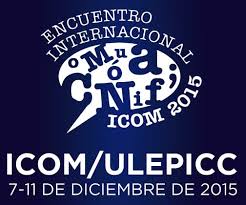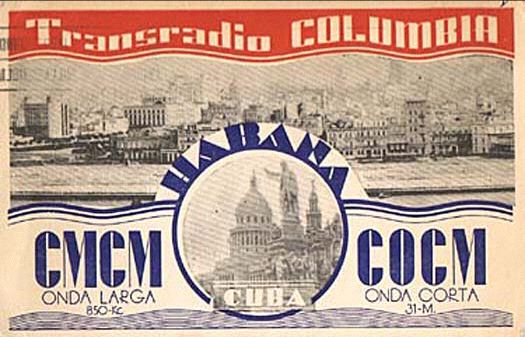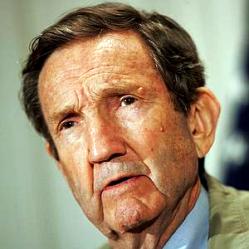His speech came as part of the panel “digital revolution and right of access. New horizons for telecommunications “, which took place in the third round of the VII International Meeting of Researchers and communication scholars and the IX International Congress of the Latin Union of Political Economy of Information, Communication and Culture (ICOM-ULEPICC) , located in the Havana´s Convention Center until next December 11.
“Among the elements that show a revolution in the communications plane Latin America are numerous reforms, the right to communicate at the constitutional level and the fact that one third of the spectrum be allocated to non-profit media,” said Gomez before an audience made up of leading researchers from Europe, Africa, Asia and America.
It also recognized the importance of gradually countries with less resources and leverage warn ability to mobilize social networks according to their interests. Likewise, he highlighted the role of radio as the main image forming at latitudes with little connectivity.
In line with this, Dr. Rosa Miriam Elizarde, emphasized the need for public communication management is transformed in favor of citizen participation. “Today the biggest challenge of the press is to incorporate the agenda of the population to the media,” he said.
Also, the editor of Cubadebate website warned about the relevance of a communications law in Cuba, more so when the economic and social settings conducive to the emergence of channels that do not respond to the strategy of cultural development.
Rosa Miriam Elizarde recognized the urgency of regulation “to limit digital content being generated today from media companies emerging from the private sector with many resources to which the state media cannot in all cases to deal with.”
The program includes ULEPICC ICOM-day on Thursday the lecture “Information and communication between inter and transdisciplinarity, the Portuguese researcher Armando Malhiero; and the panel “Transdisciplinarity, information and communication: challenges for a critical theory.”
Translated by: Daysi Olano Fernandez




